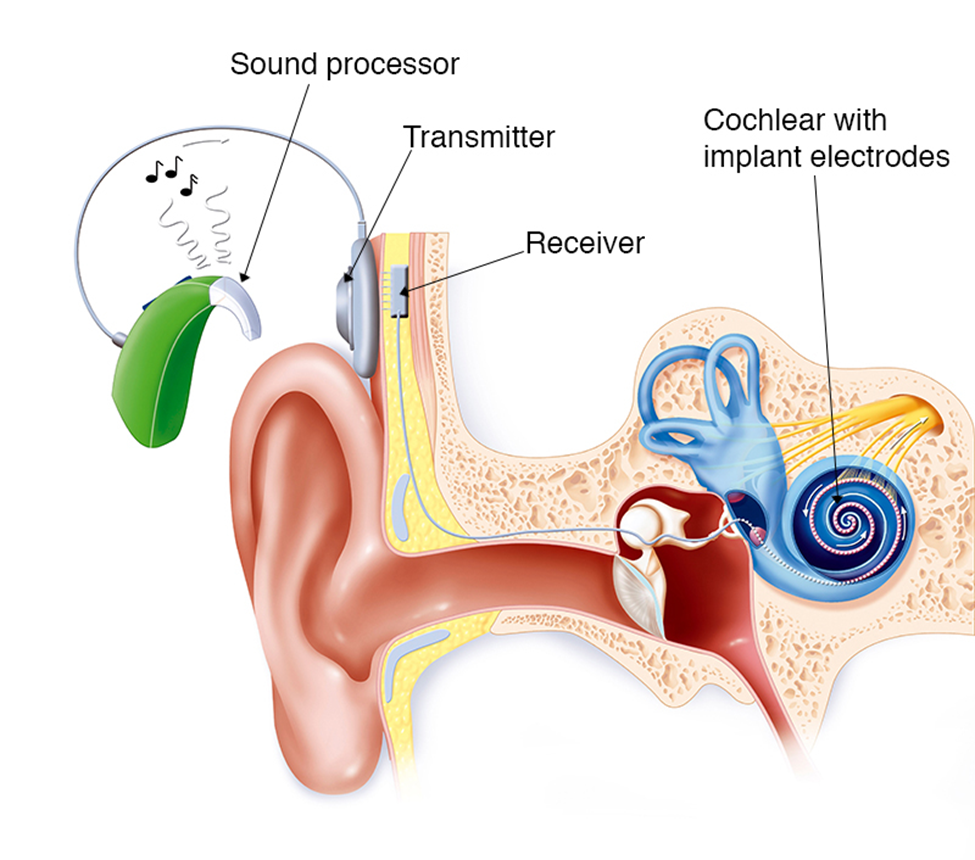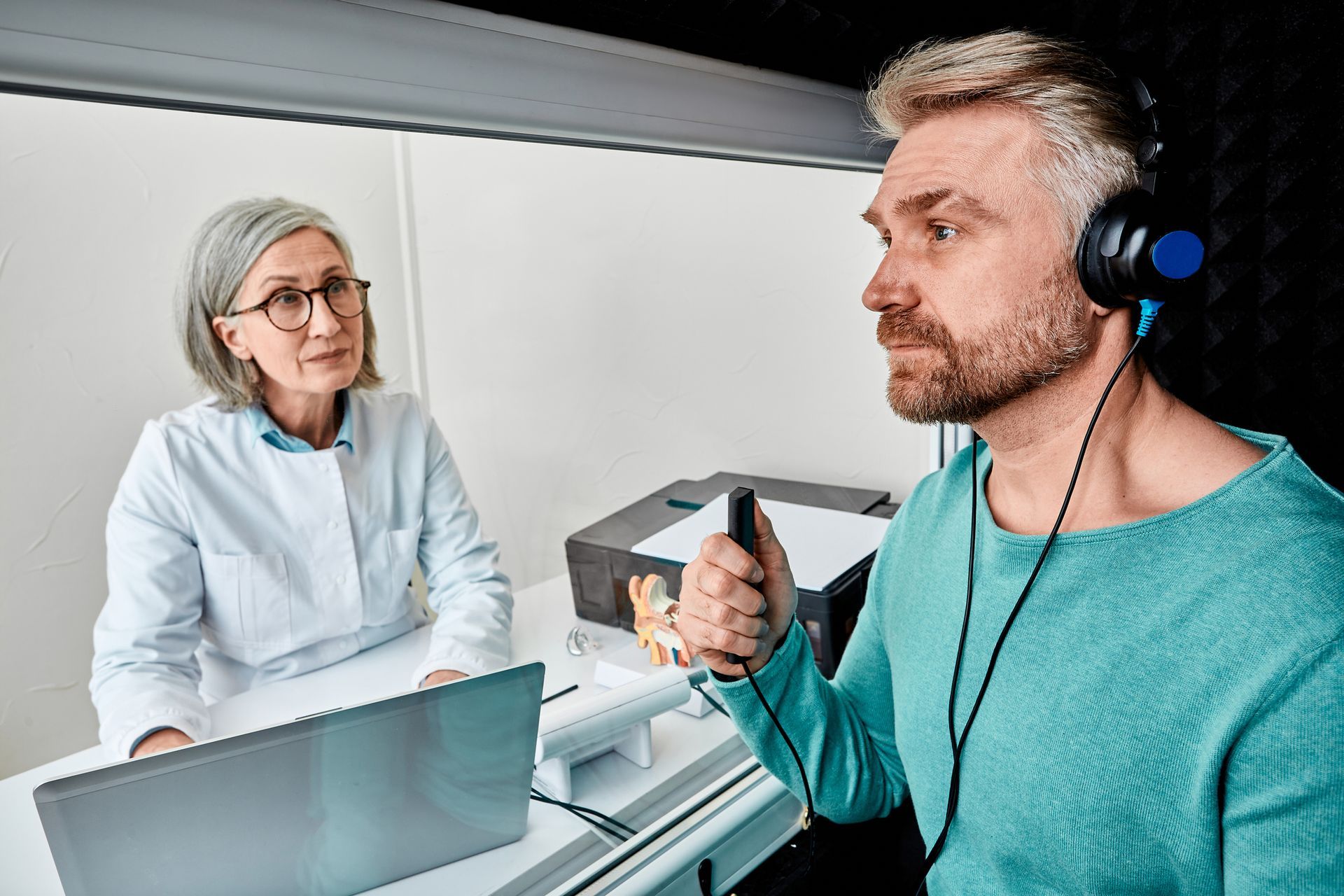Addressing Your Tinnitus
Addressing Your Tinnitus
If you’re living with tinnitus, you know how much it can impact every single moment of your day. People who have never experienced the ringing or buzzing have no idea how pervasive it is and how much it can affect your quality of life, even when all you want to do is watch television from the comfort of your favorite chair.
If you’ve never visited an audiologist to discuss your tinnitus or you’ve been told there’s nothing that can be done, this article is for you. I have seen firsthand how hearing aids have helped improve the perception of my patient’s tinnitus.
Tip #1: Acknowledge the Problem and Get Help
When I talk to patients with tinnitus, one of the main things we discuss is the frustration around not being able to really relax at home. They can’t experience true peace and quiet, which can cause a lot of stress. Their elevated stress levels make their tinnitus worse and soon, they end up in a cycle that makes it difficult for them to unwind and can even lead to more serious mental health issues like anxiety and depression.
You deserve to feel relaxed, and you deserve to experience relief from your symptoms. The first step is to share what’s happening with a loved one or healthcare professional, especially if you’re experiencing any mental health issues. Let the people in your life know that you need a little extra support. The second step after that is to schedule a hearing evaluation with an audiologist.
Tip #2: Enjoy More of Your Favorite Things
I’ve had many patients who tell me that they
used to love watching television and movies, but they don’t really do it anymore because their tinnitus makes the experience so frustrating. Either they have to turn the volume way up so they don’t miss anything or they have to turn on the subtitles, which can really hinder your ability to get swept up into a story.
It’s not just television, though. There are many hobbies that can be difficult to do with tinnitus: hunting, playing an instrument, even reading! When you’re not able to hear what you need to hear or you can’t focus because of your symptoms, it can cause you to lose interest. Fortunately, a hearing aid — like the ones we carry — can help drown out or mask the ringing or buzzing you hear so you can get back to enjoying your hobbies again!
Tip #3: Get a Better Night’s Sleep
I don’t know about you, but I’m a completely different person when I don’t get a good night’s sleep. If your tinnitus is getting in the way of your sleep, you know what I’m talking about. And, just like the stress cycle we talked about previously, sleep issues like insomnia are both caused by tinnitus and make tinnitus symptoms worse. So, addressing this issue is very important.
Most of us need a quiet environment in order to fall asleep, and tinnitus can make that pretty impossible. Sound therapy can help and can be anything from running a fan, a noise machine, or playing some ambient music to help you focus less on the tinnitus, so it doesn’t keep you awake at night.
Why 4 Bridges Audiology?
As audiologists, we understand the medical side of tinnitus as well as the emotional side. We know when to give referrals in cases where further medical management is needed, and we know how to support people who just want to get back to living — and relaxing — in peace.
If you decide to pursue a hearing aid to manage your tinnitus, we would love to chat with you. The hearing aids that you can find over the counter at places like Costco or Walgreens do not have tinnitus therapy options installed in them. We offer high-quality (but still affordable) options that can be prescription fit for your specific lifestyle and hearing needs. To learn more contact us today at
info@4bridgesaudiology.com.












